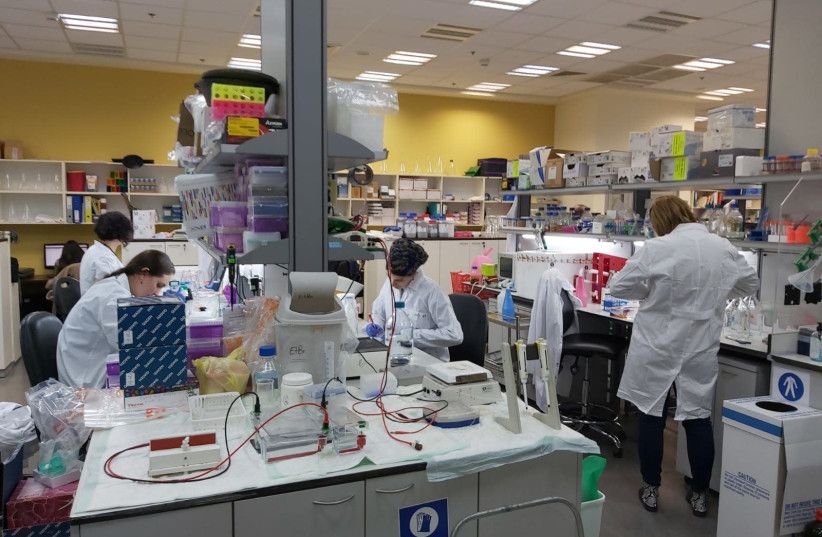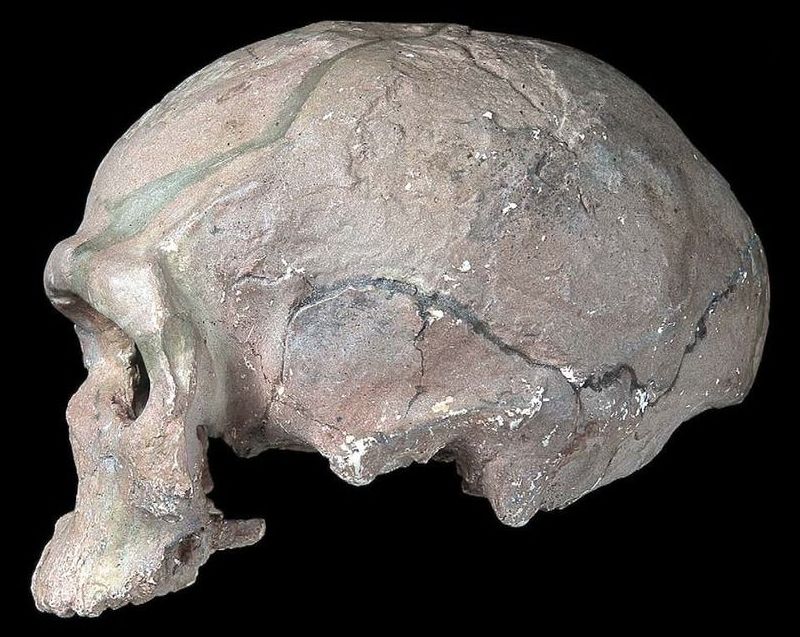“Our hypersonic testbeds will serve as a catalyst in sparking a renaissance in hypersonic technologies for our government, the commercial sector, and academia,” said W. Jean Floyd, Stratolaunch’s chief executive, in a statement.
This is an interesting, if not wholly unexpected, turn for Stratolaunch. During the last decade, the aerospace community has often collectively scratched its head, wondering how such a large aircraft could be cost-competitive in the hotly contested market to launch small- and medium-sized satellites. And without a dedicated rocket in existence, the company seemed little more than a vanity project for the wealthy Allen. If Stratolaunch served any purpose, the speculation went, it must be to meet some unspecified military need.
There can be no question that the military is interested in hypersonic technology. China, Russia, and the United States are all racing to develop hypersonic missiles, as well as new countermeasure technology as high-speed missiles threaten to penetrate most existing defenses. A Rand Corporation report from 2017 provides more basic information, suggesting, “There is probably less than a decade available to substantially hinder the potential proliferation of hypersonic missiles and associated technologies.”








